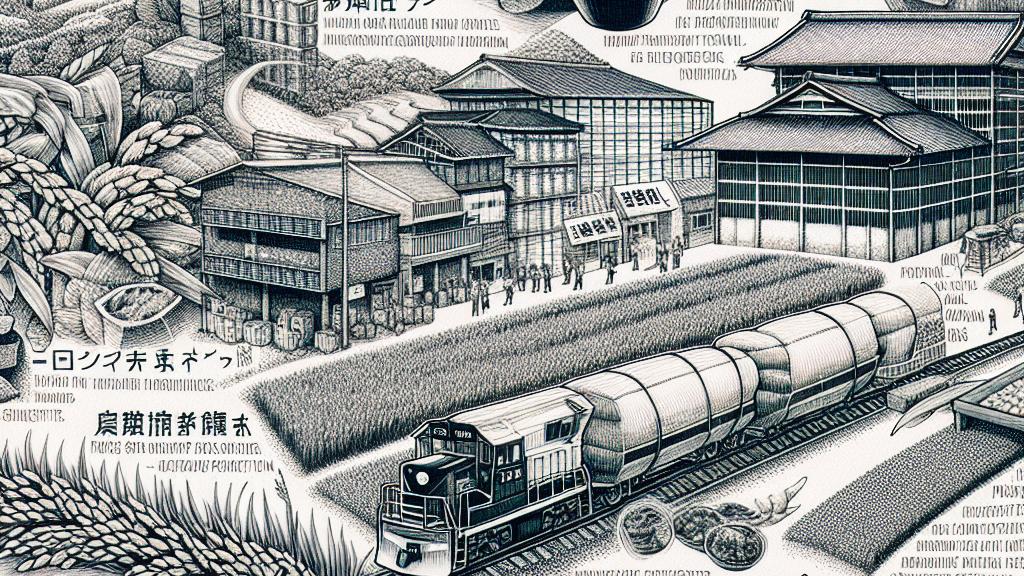Understanding Japan's Rice Import Policy Changes
Overview
- Japan’s Ministry of Agriculture is set to implement major revisions to its rice import policy, reflecting changes in market demand.
- Currently, the country imports a minimum of 770,000 tons of rice each year, free from tariffs, which is vital for food security.
- Negotiations with diverse countries will play a crucial role in this process, highlighting the challenges of global trade relations.

Japan's Rice Import Policy Overview
In Japan, rice is more than just a food; it’s a cornerstone of culture and tradition that connects generations. This significance is mirrored in the government's careful handling of rice imports, which ensures both stability for farmers and accessibility for consumers. Recently, the Ministry of Agriculture, Forestry and Fisheries (MAFF) announced a critical plan to reduce the minimum access volume for rice imports. Presently, this allows for 770,000 tons of rice to enter Japan duty-free each year. To appreciate the impact of this policy, consider that rice features prominently in dishes eaten daily across the nation—it's part of everything from sushi to rice balls. Such a shift indicates that Japan is responding thoughtfully to a declining domestic consumption trend, which prompts a necessary reevaluation of how much rice should be imported versus produced locally.
The Challenges Ahead
However, implementing these changes is fraught with challenges. A major hurdle arises from the necessity for consensus amongst all World Trade Organization (WTO) member countries regarding any alterations to the minimum import volume. This requirement can render the negotiation process slow and complex, causing frustration for those eager to see progress. As Minister Takushi Eto pointed out, communicating Japan’s current and changing domestic consumption needs to other nations is vital. It is essential to convey that while Japan expects cooperation, it also faces genuine challenges that must be acknowledged. Through effective dialogue, countries can work together to navigate these tensions, leading to solutions beneficial for everyone involved.
Global Implications and Local Reactions
On the global stage, Japan's policy changes could create notable implications for rice-exporting countries, animating the need for strategic adjustments. Countries such as Thailand and Vietnam, known for their rich agricultural heritage, may find it necessary to diversify their strategies to remain competitive in light of changing import standards. Domestically, reactions among Japanese farmers reveal a spectrum of sentiments. Some farmers advocate for reduced imports as a means of safeguarding their markets from foreign competition, thereby fostering local production. Others, however, express apprehension regarding possible increases in rice prices and limited consumer choice. Being mindful of these varying perspectives, MAFF is committed to a smooth transition, ensuring transparent communication with all stakeholders. Striking a careful balance between local farming interests and international trade obligations is key to a sustainable agricultural future.

Loading...